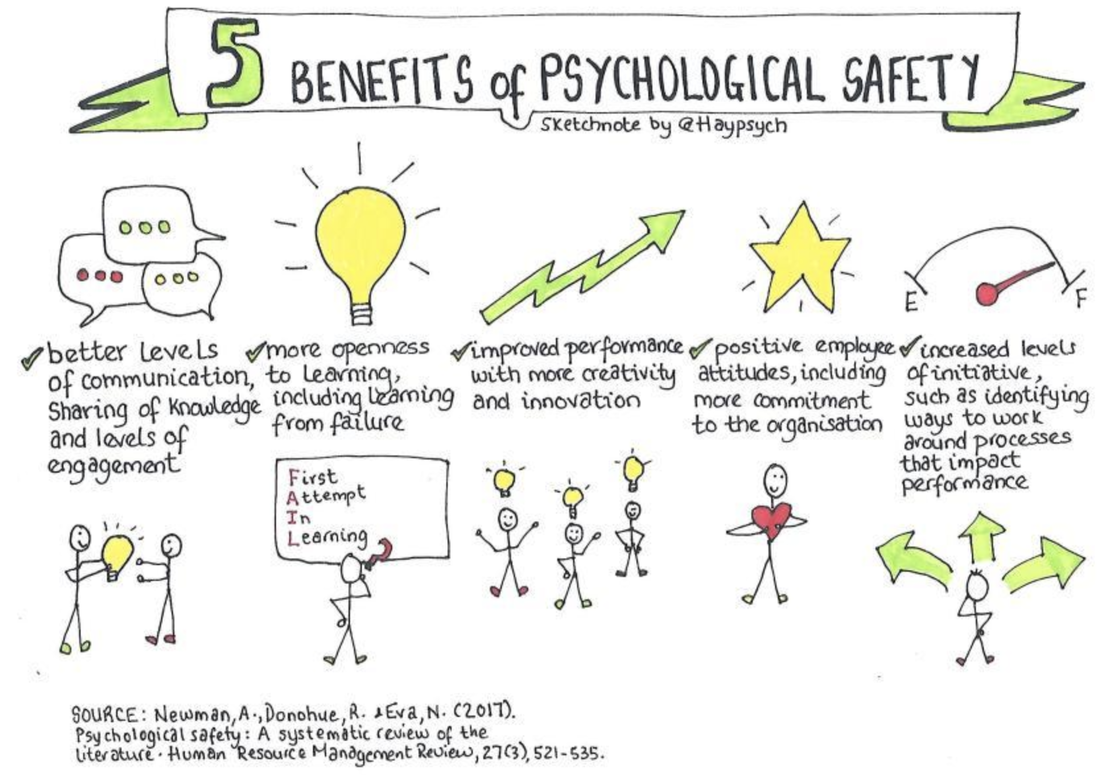|
Discover the secrets to thriving in the workplace as executives age gracefully. Explore the impact of emotional intelligence, personality, and long-term thinking on crafting a lasting legacy. Your future self will thank you for your thinking, planning, and action taking. Can Executives Age Gracefully at Work?As the workforce evolves, so does the concept of aging in the workplace. Gone are the days when retirement was the only option for seasoned executives. Today, a new narrative is emerging—one that celebrates the silver success of individuals who defy age and continue to make significant contributions to their organizations. But how do they do it? Breaking the Mold: Personality and Emotional IntelligenceQ1: Can personality influence the way executives age at work? Absolutely. Your personality is a powerful force that shapes how you approach challenges, collaborate with others, and adapt to change. Executives who age gracefully often possess a combination of resilience, openness, and a positive outlook. These traits not only contribute to their professional longevity but also inspire those around them. Understanding yourself as a leader today enables you to invest in the right areas of your personality to enable you to become the future self you desire. Q2: What role does emotional intelligence play in aging at work? Emotional intelligence (EI) is the secret sauce that separates thriving executives from the rest. The ability to understand and manage emotions, both one's own and others', becomes increasingly crucial as one progresses in their career. Executives with high EI navigate workplace dynamics with finesse, building strong relationships and fostering a positive work environment. Understanding others and building rapport is an investment, not a one-time event. Crafting a Legacy: Long-Term Thinking in ActionQ3: How does long-term thinking contribute to a successful aging process at work? Long-term thinking is the cornerstone of a lasting legacy. Successful executives understand that their impact extends beyond the present moment. By adopting a forward-thinking mindset, they make strategic decisions that contribute to the sustainability and growth of their organizations. This not only ensures their continued relevance but also solidifies their place in the company's history. Q4: Can long-term thinking benefit an executive's future self? Absolutely. Executives who prioritize long-term thinking are essentially investing in their future selves. By making decisions that align with their values and goals, they create a path that leads to fulfillment and satisfaction in the later stages of their careers. It's a proactive approach to aging that pays off in personal and professional dividends. Are you a Big Picture thinker? Frequently Asked Questions: Addressing Common ConcernsQ5: What challenges do executives face as they age at work? While aging at work comes with its set of challenges, such as adapting to technological advancements, a multigenerational workplace, and changing industry landscapes, the key lies in embracing a growth mindset. Executives who see challenges as opportunities for learning and development and are not afraid to access executive coaching as a support and guidance system stay ahead of the curve. Q6: How can organizations support aging executives? Organizations play a crucial role in fostering an inclusive and supportive environment for aging executives. This includes providing opportunities for continued learning, executive coaching programs, and legacy journey arrangements. By recognizing the value of experience and expertise, companies can harness the full potential of their seasoned leaders. Embracing Silver Success: Your Future Self Will Thank YouQ7: What advice do thriving executives have for their younger counterparts? The message from silver success stories is clear: start early and invest in yourself. Cultivate emotional intelligence, nurture a positive personality, and adopt a long-term thinking mindset. These qualities not only enhance your professional journey but also contribute to a fulfilling and impactful career as you age. Q8: How can aspiring executives prepare for a successful aging process at work? Begin by developing self-awareness. Understand your strengths and areas for growth, and actively work on honing your emotional intelligence. Seek out your leadership coach and build mentor relationships with those who have navigated the challenges of aging in the workplace successfully. Additionally, cultivate a habit of thinking beyond immediate results—imagine the legacy you want to leave behind. In conclusion, aging executives are not just a part of the multi-generational workforce; they are trailblazers, setting an example for generations to come. By embracing the power of emotional intelligence for themselves and their teams, nurturing a positive personality, and adopting a long-term thinking mindset, executives can defy age and continue to make meaningful contributions to their organizations. So, as you embark on your professional journey, remember: the choices you make today shape the success of your future self. Embrace silver success and leave a legacy that resonates beyond the confines of time. If you have ever been curious or wanted to spend some time working on your legacy journey, consider investing in an executive coach.
For me, as an executive coach, working together is a holistic experience. Your leadership life impacts your personal life. Its one of my favorite 12-month journeys to take with a leader, as this allows them to truly embody their identity, get clear on their future selves, and create a tangible legacy to pass on to family, colleagues, or friends. To learn more about how to start the 12-month legacy-building journey, reach out to me at [email protected] The Leaders To Do List is LongAppreciating that having a position in leadership means you have a daily list of to do's that feel endless. I see no need to rehash the list here.
In the vein of helping out leaders and managers of teams who need output, positive work environments and growth for the organization. It makes sense that team leaders partner with certified team coaches to enable them a strong assist within their teams. Team Coaching can provide the vessel for leaders to communicate their organizational needs, enable a safe place for feedback as well as a way for teams to grow and begin to flourish in their performance and relationships, not feeling like it has to be one over the other. Since team coaching allows for honouring of KPI's and dynamic assessments, there seems to be no better way for leaders to gain the edge they need then to partner with someone they can trust to help within their teams. Managers and Leaders who partner with external team coaches share that they "have a better sense of their team", "see improvement in dynamics and thus are able to access greater creativity and idea sharing" which allows the organization the innovation it needs to complete projects and thrive. Team coaches are not about 'replacing' leadership, but assisting in such a way that allows the leader a to embrace a companion seat with the team and thus create greater trust, respect and collaboration. With the whole idea to eventually have the manager or leader take over the coaching as they feel best suited for them. Team Coaching is an access for leaders to work with their teams in a more profound, effective and mindful way. Not a replacement for leaders. Though many long standing relationships exist with my clients to further challenging conversations or projects if needed. As we've learned through this COVID crisis. #TogetherIsBetter. Now lets not drop this new learning. Partnering is an impactful way as a leader to walk with your team towards the outcomes you need to reach. If you are a manager or leader and would like to discuss further how I can partner with you in your team journey. Click here to reach me directly. Get The Best Out Of Your Team
Wether you're a brand new team lead standing in front of your team for the first time or a seasoned manager of teams, the data shares that what leaders of teams want most is to be liked and listened to by their teams. It's really as simple as that.
At the core of our humanness each of us want to be seen, acknowledged, be enough and feel we have a purpose. The rest of our 'issues' are all personalized versions of these. I'm sorry to minimize, and I'm not sorry. There is so much content around leadership and yet there have been no real movements or changes in leadership effectiveness for the past half century. My belief is because it's not just about the leader and their style of leadership. It's about relationships. You want to be an amazing leader, master the skill of building healthy relationships. Your Voice Is NeededTeam Leaders need their voice heard and here's Why
The impact that COVID has had on teams and their work styles, relationships, performance and families is variant.
We are looking to support team leaders and offer valid strategies to have them connect and collaborate with their teams even more now. New technology, new communication vessels, new mindsets are all challenges that team leaders are working hard to understand and address. Specific to mastering relationships, as this is still a necessary skill to lead teams effectively, there are many new ways to engage team members in a virtual setting. Ways to create constructive conversations and build team confidence and performance. I will be writing more about this on my own website as a Team Coach who partners with busy leaders. You can find me here: https://www.dianneflemington.com I invite you to have your voice heard by taking the above survey and begin to learn more about how mastering relationship skills will enhance how your team performs and collaborates with you. |
Your LUMINA portraits are reviewed LIVE with Dianne Flemington |
|



